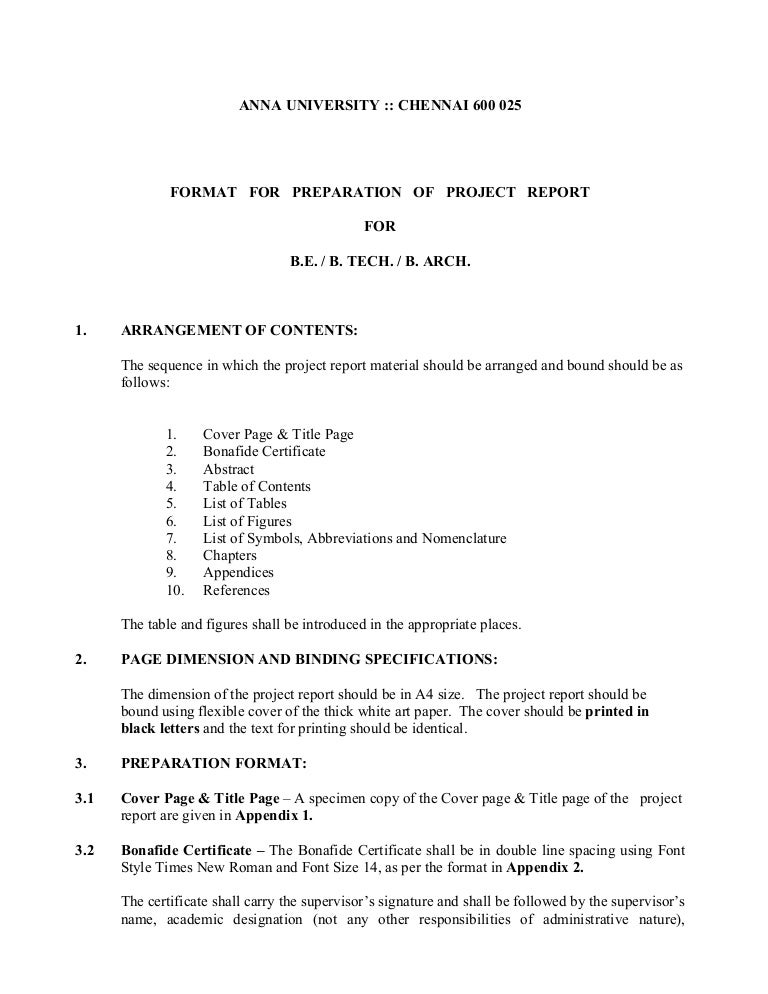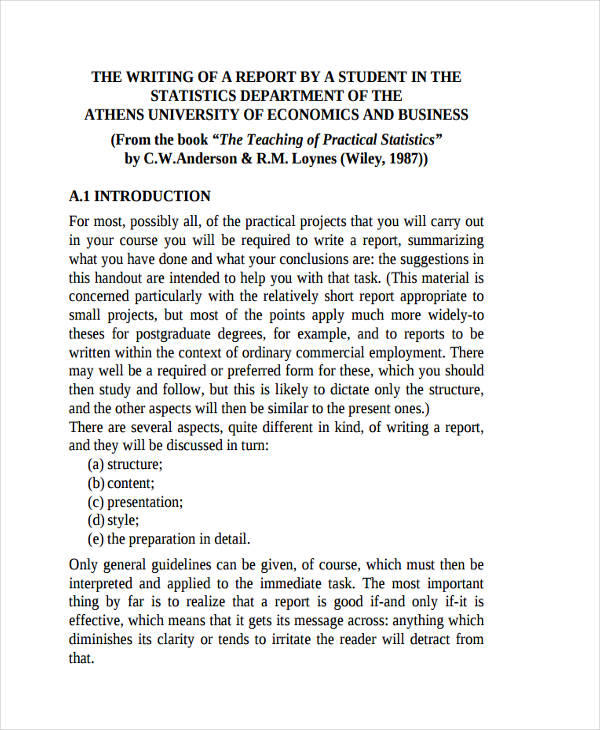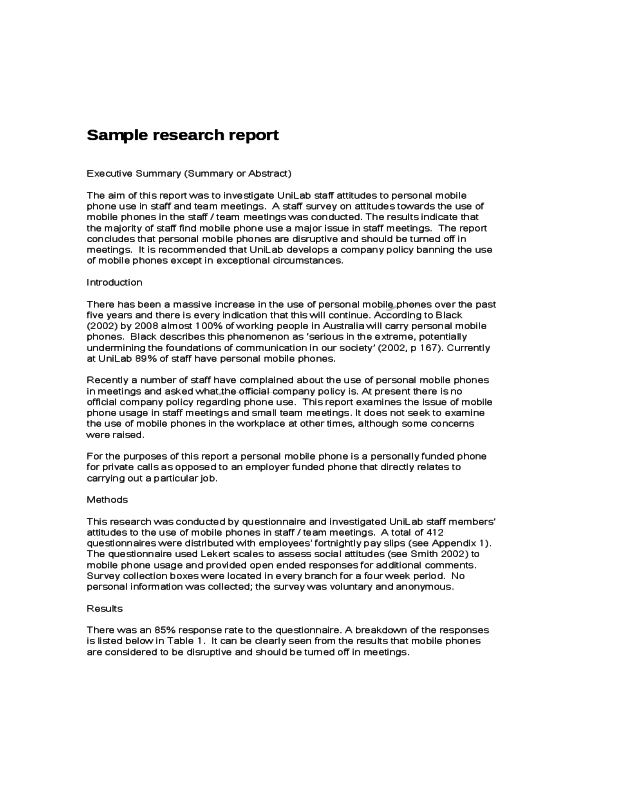
Useful links for report writing
A report aims to inform and sometimes to persuade. They should be written as clearly and succinctly as possible, with evidence about a topic, problem or situation. Here are some general guidelines, but check with your lecturer for more detailed information about what is blogger.comnces: A list of all the sources you used One of the most common pitfalls students face when writing a Report is consistency across the Report. Most people decide to write their report in sections. While this has its advantages in terms of time management and self-organisation, it can have a major drawback. What do you think the problem (potentially) is? How To Write A Report | 8 Writing reports at university therefore prepares us for the work we will do. Reports also model academic journal articles. Writing reports at university can be academically challenging and may prepare us for publishing our own research. Why write reports: explain the world or change it? There are three main forms of reports: factual, instructional and persuasive; each has a
Main Navigation
structure and presentation. This is as true for reports you write at university as it is for reports written in employment. All reports attempt to communicate findings for one reason or another, whether to inform decision makers, change public opinion or maintain a record of development. Whenever you write a report you must bear in mind why you are writing and who you are One of the most common pitfalls students face when writing a Report is consistency across the Report. Most people decide to write their report in sections. While this has its advantages in terms of time management and self-organisation, it can have a major drawback. What do you think the problem (potentially) is? How To Write A Report | 8 A report aims to inform and sometimes to persuade. They should be written as clearly and succinctly as possible, with evidence about a topic, problem or situation. Here are some general guidelines, but check with your lecturer for more detailed information about what is blogger.comnces: A list of all the sources you used

Mobile Navigation
· When writing a report, you need to place your information in the appropriate section Consider the role each item will play in communicating information or ideas to the reader, and place it in the section where it will best perform that role. For instance: Does it provide background to your research? (Introduction or Literature Review) When saying that all the parts of the report should be balanced, we mean that body part should be more significant than conclusions, introduction and conclusions should take approximately the same space, etc. Start with Conclusions. Write conclusions before you write an introduction, and later adjust your introduction to it structure and presentation. This is as true for reports you write at university as it is for reports written in employment. All reports attempt to communicate findings for one reason or another, whether to inform decision makers, change public opinion or maintain a record of development. Whenever you write a report you must bear in mind why you are writing and who you are

The purpose of report writing
Report writing. Reports are informative writing that present the results of an experiment or investigation to a specific audience in a structured way. Reports are broken up into sections using headings, and can often include diagrams, pictures, and bullet-point lists. They are used widely in science, social science, and business contexts Summary, i.e. key points of the report Main part Introduction Methodology Findings/results Discussion Conclusions and recommendations Supplementaries References/bibliography Appendices Glossary Numbering sections The main sections of a report can be numbered, and can have sub-sections with sub-headings, which are also numbered Writing reports at university therefore prepares us for the work we will do. Reports also model academic journal articles. Writing reports at university can be academically challenging and may prepare us for publishing our own research. Why write reports: explain the world or change it? There are three main forms of reports: factual, instructional and persuasive; each has a

Organising your information
structure and presentation. This is as true for reports you write at university as it is for reports written in employment. All reports attempt to communicate findings for one reason or another, whether to inform decision makers, change public opinion or maintain a record of development. Whenever you write a report you must bear in mind why you are writing and who you are When saying that all the parts of the report should be balanced, we mean that body part should be more significant than conclusions, introduction and conclusions should take approximately the same space, etc. Start with Conclusions. Write conclusions before you write an introduction, and later adjust your introduction to it Summary, i.e. key points of the report Main part Introduction Methodology Findings/results Discussion Conclusions and recommendations Supplementaries References/bibliography Appendices Glossary Numbering sections The main sections of a report can be numbered, and can have sub-sections with sub-headings, which are also numbered
No comments:
Post a Comment